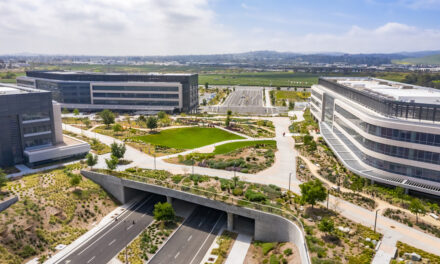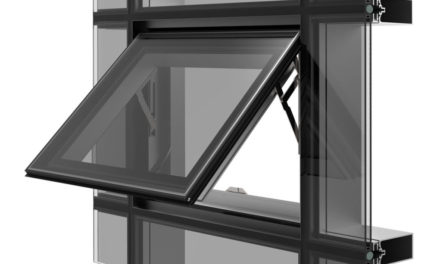The shared office space concept has risen steadily in popularity over the past decade, and by 2020 more than 26,000 co-working spaces will be in use globally, according to Small Business Labs, which tracks trends in small businesses.
Those co-use office locations will be the work base for 3.8 million people – over double the number in 2017.
The rapid growth of shared office space has sparked an evolution in how buildings, work environments and special features are tailored to this relatively new category of worker.
“Shared office space can make a real difference in your career, giving you space, information, culture and connection,” says April Zimmerman Katz, president of the Zimmerman Companies, a property management company in Columbus, Ohio, and co-founder of Versa LLC (www.versa.works), a provider of shared innovative work space in Columbus.
“People can find both the business and human empowerment they need through welcoming and functional workspaces with multiple resources. Collaborative spaces attract innovative and creative people looking for a unique environment.”
Katz lists four benefits workers seek in collaborative spaces:
Cost efficiency. Buying or leasing a full or traditional office is often far more expensive than a shared office space. Monthly membership fees for shared spaces can be relatively low compared to the cost of a typical office, including furniture and other office necessities.
Flexibility. An environment that provides enough space for both concentrating on work as well as socializing reflects a kind of “freedom” to which workers of all ages aspire, Katz says. “Spaces that break down the barrier between free time and work time provide comfort, balance, positive energy and inspiration.”
Connection. A shared office space opens a path to meeting new people in the professional world and networking. Many such buildings are designed with an openness, which provides an inviting atmosphere. Usually, a good number of people occupy a shared office space, and the demographics can change frequently as people come and go. “Adults tend to frequent the same places every day, namely the traditional office set-up,” Katz says. “The result is a form of isolation – from community, information and trends. A shared space community creates awareness through exposure to new connections and perspectives that benefit you and your world.”
Empowerment. A shared office often offers extras in terms of professional, cultural and personal activities or classes. “Being part of a varied community that proposes interesting activities means members will be exposed to others’ interests, which along with discovering similarities, becomes an enriching experience,” Katz says. “You can gain significant personal improvement from expanding the normal office environment.”
“Shared office space is a more sophisticated vision of collaboration and networking,” Katz says. “You can find the ideal place to do good work, and there’s help in numerous ways to grow professionally and personally.”
About April Zimmerman Katz
April Zimmerman Katz is owner and president of The Zimmerman Companies, which manages several multigenerational family assets. Her management company’s multifamily division oversees several Columbus communities, including The Deco, a mixed use community which opened this past summer and The Olympic Indoor Tennis Club. Recently, Zimmerman Katz cofounded Versa LLC (www.versa.works), a provider of shared work space in Columbus, Ohio. She is the mother of five children and married to Kyle Katz, a partner in Versa and a Columbus-based real estate investor.




